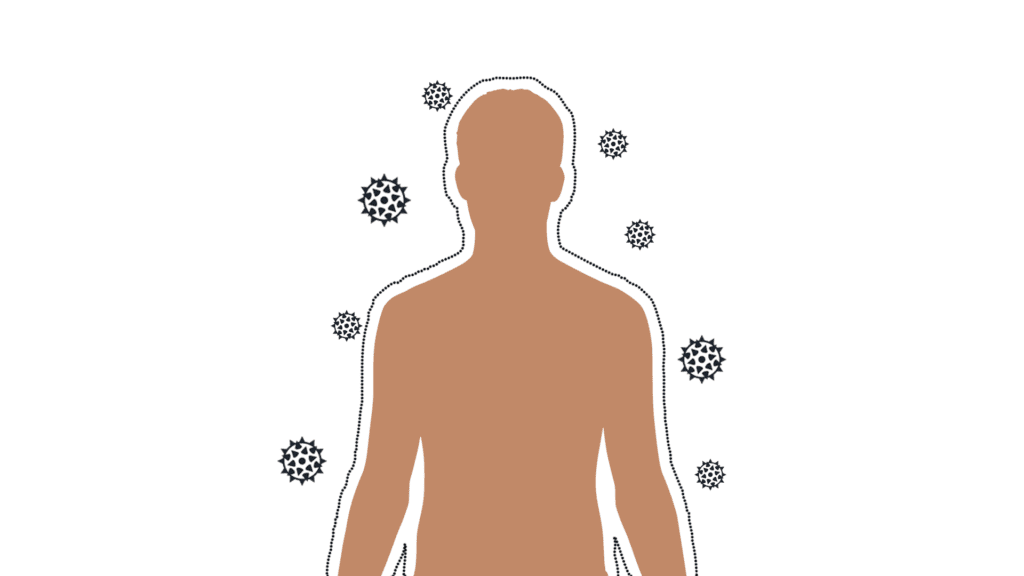
In the pursuit of a healthy lifestyle, maintaining a strong immune system is crucial. Our immune system acts as a powerful defense mechanism, shielding our bodies from harmful pathogens and diseases. While a balanced diet, regular exercise, and adequate rest play essential roles in bolstering our immunity, immunization shots also play a pivotal role in providing an extra layer of protection against various infections. In this article, we will explore the significance of immunity shots and their contribution to safeguarding our health.
Understanding Immunization Shots
Immunization shots, commonly referred to as vaccines, are biological preparations designed to stimulate the body’s immune system to recognize and fight specific infections. These shots contain weakened or inactivated forms of pathogens or components of pathogens, which, when introduced into the body, trigger an immune response. The immune system then creates antibodies to fight the pathogens, providing immunity against future encounters with the disease.
The Importance of Immunization
1. Preventing Diseases:
Immunization has been one of the most effective public health interventions in history. Vaccines have eradicated or significantly reduced the prevalence of numerous deadly diseases such as smallpox, polio, measles, and tetanus, saving countless lives worldwide.
2. Herd Immunity:
Immunization not only protects individuals but also contributes to herd immunity. When a large percentage of the population is vaccinated, the spread of contagious diseases is limited, even among those who cannot be vaccinated due to medical reasons or weakened immune systems.
3. Reducing Severity:
Even if a vaccinated individual contracts a disease, the severity of the illness is often lessened due to the immune system’s ability to recognize and combat the infection quickly.
Common Immunization Shots
1. Influenza (Flu) Vaccine: The flu vaccine is typically administered annually to protect against the influenza virus, which can cause severe respiratory infections, especially in vulnerable populations.
2. Tetanus, Diphtheria, and Pertussis (Tdap) Vaccine: This vaccine provides protection against tetanus, diphtheria, and pertussis (whooping cough) and is often recommended for adolescents and adults.
3. Measles, Mumps, and Rubella (MMR) Vaccine: The MMR vaccine safeguards against these highly contagious viral infections, which can lead to serious complications, particularly in young children.
4. Human Papillomavirus (HPV) Vaccine: Administered to both males and females, the HPV vaccine offers protection against certain strains of the human papillomavirus, which can lead to cervical and other types of cancers.
5. Hepatitis Vaccines: Hepatitis A and B vaccines protect against liver infections caused by these viruses, which can be contracted through contaminated food, water, or bodily fluids.
The Immunization Process
Before receiving any immunization shots, it is crucial to consult a healthcare professional. The doctor will assess an individual’s medical history and recommend the appropriate vaccines based on age, health status, and potential exposure risks.
Immunization shots are typically administered through injections, although some vaccines can be given orally or through nasal sprays. The number of doses required for complete immunity varies for each vaccine, with some requiring booster shots to maintain long-term protection.
Addressing Concerns and Misconceptions
Over the years, vaccination has faced its share of skepticism and misinformation. It is essential to rely on evidence-based information from reputable sources and consult healthcare professionals to address any concerns about immunization.
Immunization shots have been instrumental in safeguarding public health and preventing the spread of infectious diseases. These shots not only protect individuals but also contribute to the well-being of the entire community. By staying informed, consulting healthcare professionals, and adhering to recommended immunization schedules, we can all play our part in building a healthier and more resilient society. Let us embrace the power of immunization to strengthen our immune systems and pave the way for a healthier future.
